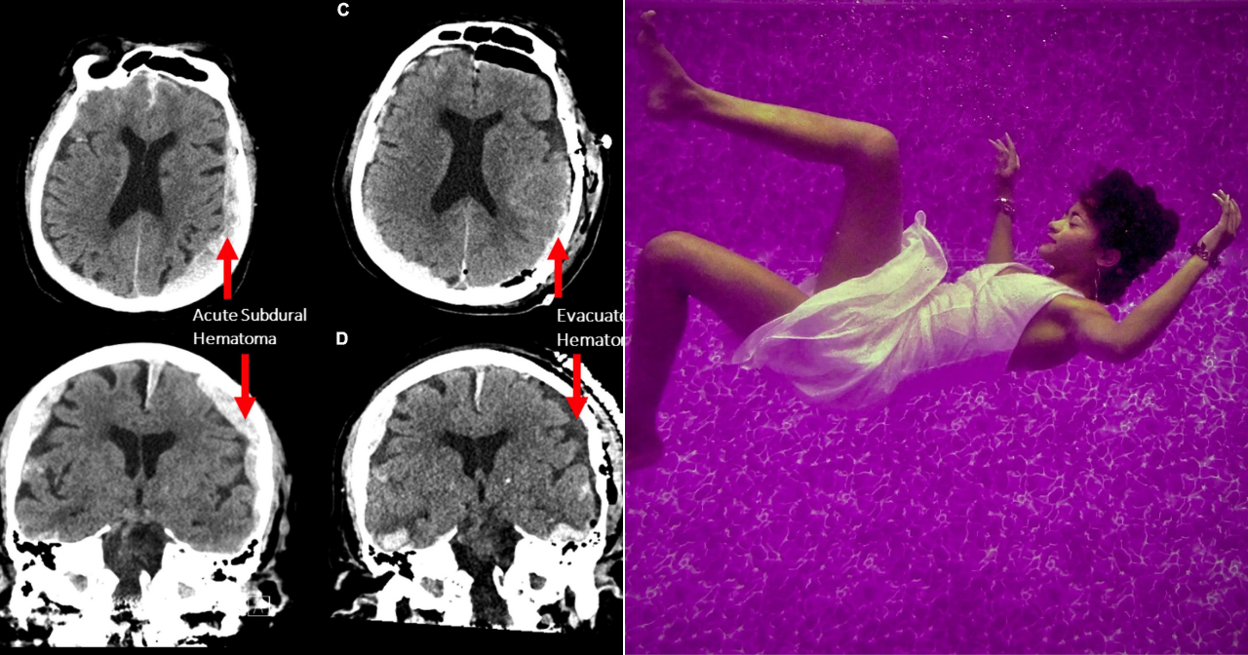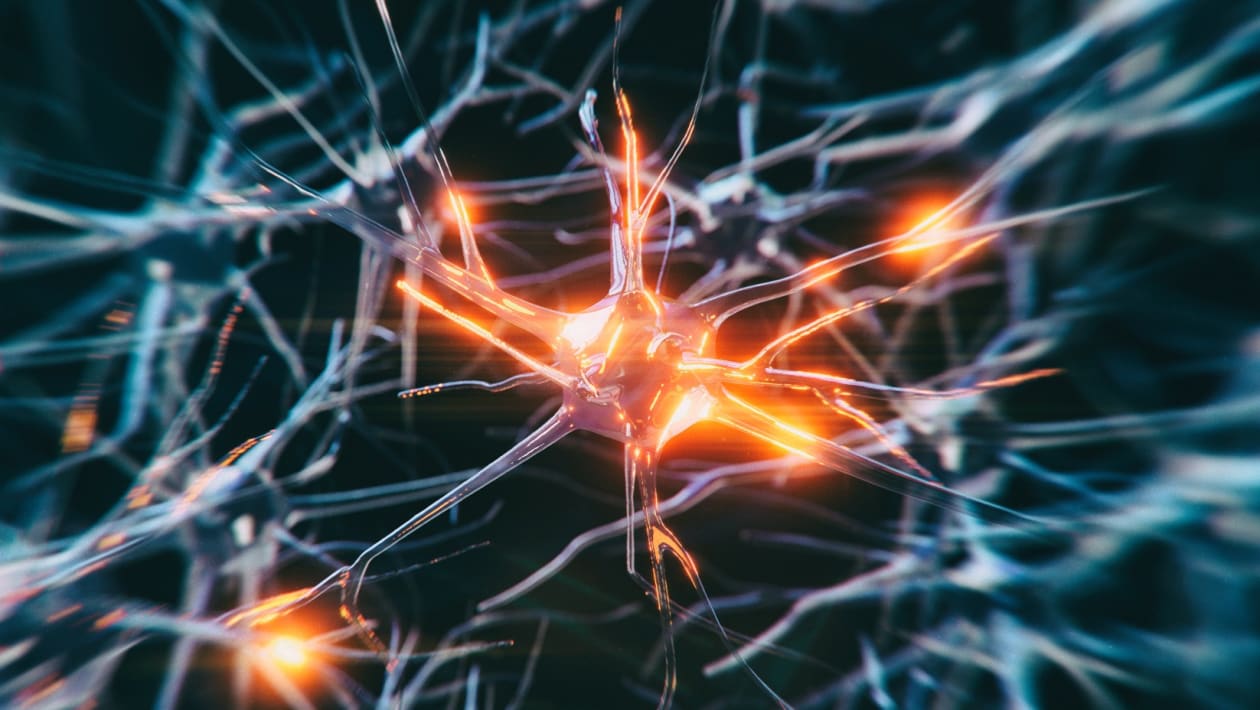After an elderly patient died suddenly during a routine brain exam, scientists came across unique data about the person’s brain activity at the end of life.
In the past, the phenomenon of replaying images of the past before death has been reported by some people who have experienced near-death feelings. But this is the first scientific evidence that this effect can be real.
However, because this is a single case study, no further hypothesis can be made about how common a particular phenomenon or experience will be.
Inferring from brainwave activity
Researchers made a surprising discovery when studying brain activity in an 87-year-old Canadian man with epilepsy.
The team as usual performed an electroencephalogram (EEG) examination to detect abnormalities in the patient’s brain. The purpose of the action is to learn more about what was going on in this person’s brain when he had a seizure.
But unexpectedly during the examination, the patient had a sudden heart attack and died. Also because of the patient’s sudden death, the team accidentally obtained the first wave recording of a dying brain.

In total, the researchers recorded about 900 seconds of brain activity before and immediately after the patient died. This allows them to observe and analyze the neural oscillations of the brain. They found that in the 30 seconds before and after the patient’s heart stopped, there was an unusual change in the person’s brainwave activity.
Brain gamma waves show frequencies ranging from 30 to 100 hertz, the highest type of frequency typically seen in the brain when people access their memory centers. The dying person’s effect would then be quite similar to how one would dream, in terms of hypnotic experiences or higher meditative visualizations.
If the brainwaves continuously oscillate at a frequency of 30-100 hertz, past memories are replayed in the brain. A series of images from life will appear as a flash movie. This description is similar to that commonly reported in near-death experiences.
It’s too early to draw conclusions
Despite publishing this exciting finding, the researchers warn that it is still too early to conclude that memory rewinding before death is a real phenomenon. The reason is because the man in Canada is old and has epilepsy. It is possible that his brain activity before death was different from normal people.

Therefore, the researchers warn that more research is needed to draw concrete conclusions about this phenomenon. The Canadian patient’s case report was not published until 6 years after his death (from 2016) as the researchers hoped to uncover more studies to further support the claim. their. However, they have not yet obtained many new results.
